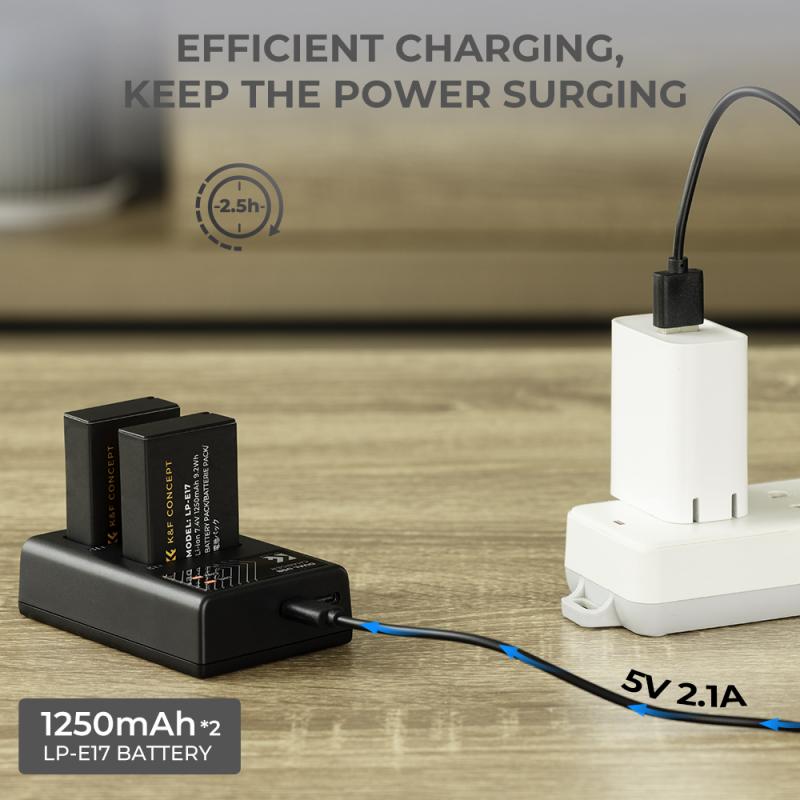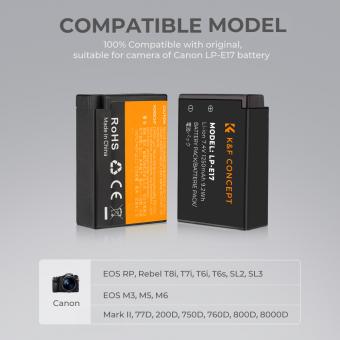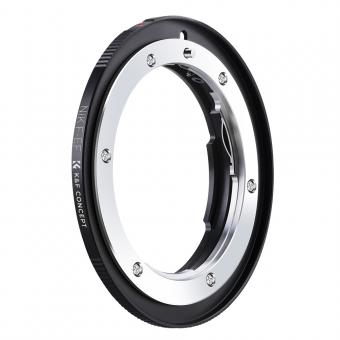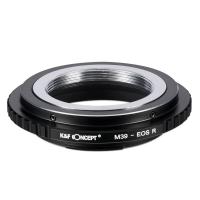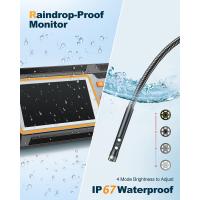Can You Recycle Camera Batteries ?
Yes, camera batteries can be recycled. Most camera batteries are made of materials such as lithium, nickel, and cadmium, which can be harmful to the environment if not disposed of properly. Recycling these batteries helps to reduce the amount of waste in landfills and prevents the release of harmful chemicals into the environment. Many electronics stores and recycling centers offer battery recycling programs, and some camera manufacturers also have their own recycling programs. It is important to properly dispose of camera batteries to protect the environment and ensure that valuable materials are reused.
1、 Lithium-ion battery recycling
Lithium-ion battery recycling is becoming increasingly important as the use of these batteries continues to grow. While camera batteries are typically lithium-ion batteries, the answer to whether or not they can be recycled depends on the specific recycling program in your area.
In general, lithium-ion batteries can be recycled, but it's important to dispose of them properly. Many electronics stores and recycling centers offer battery recycling programs, and some cities have specific drop-off locations for batteries. It's important to check with your local recycling program to see if they accept camera batteries and what their specific guidelines are for disposal.
Lithium-ion battery recycling is important because these batteries contain toxic chemicals that can be harmful to the environment if not disposed of properly. Recycling these batteries helps to reduce the amount of waste in landfills and can also help to recover valuable materials that can be used in the production of new batteries.
In recent years, there has been a push for more sustainable and environmentally-friendly battery production and recycling practices. Some companies are exploring new technologies for recycling lithium-ion batteries, such as using bacteria to break down the materials and recover valuable metals. As technology continues to advance, it's likely that lithium-ion battery recycling will become even more efficient and effective.
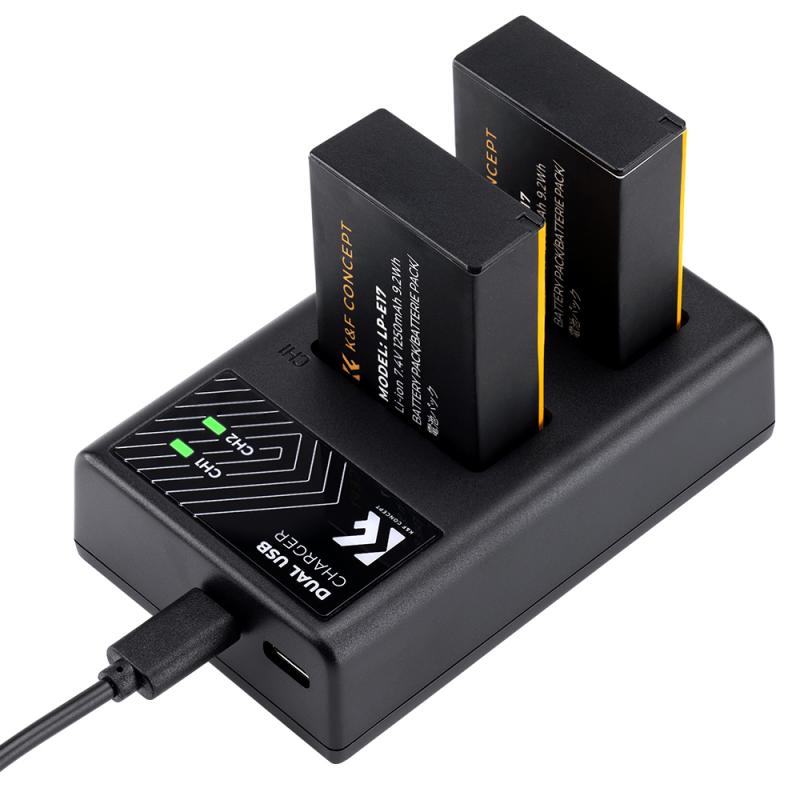
2、 Battery collection programs
Can you recycle camera batteries? Yes, you can recycle camera batteries. In fact, it is highly recommended to recycle them instead of throwing them in the trash. Camera batteries contain toxic chemicals such as lead, cadmium, and mercury, which can harm the environment if not disposed of properly. Recycling camera batteries helps to reduce the amount of hazardous waste in landfills and conserves natural resources.
Battery collection programs are available in many communities and cities, making it easy for people to recycle their camera batteries. These programs collect used batteries and send them to recycling facilities where they are processed and turned into new products. Some retailers also offer battery recycling services, allowing customers to drop off their used batteries for recycling.
It is important to note that not all batteries can be recycled. Lithium-ion batteries, which are commonly used in cameras, can be recycled, but they require special handling due to their flammable nature. It is recommended to check with your local recycling program or retailer to see if they accept lithium-ion batteries for recycling.
In conclusion, recycling camera batteries is an important step in protecting the environment and conserving natural resources. Battery collection programs make it easy for people to recycle their used batteries, and it is recommended to check with your local program or retailer to see if they accept lithium-ion batteries for recycling.
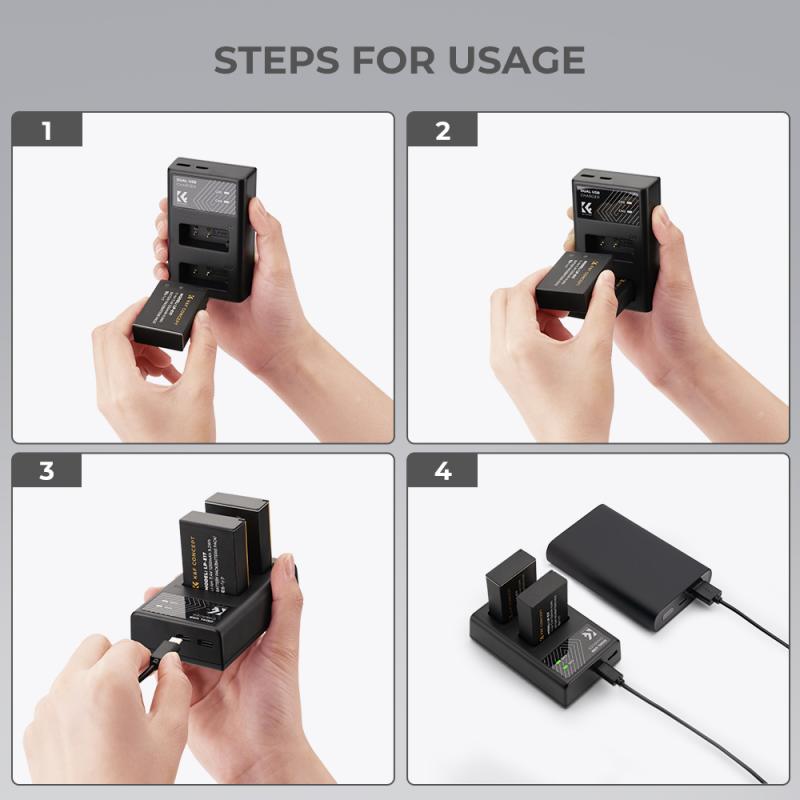
3、 Environmental impact of battery disposal
Can you recycle camera batteries?
Yes, camera batteries can be recycled. Most camera batteries are made of materials such as lithium-ion, nickel-cadmium, and nickel-metal hydride, which are recyclable. Recycling these batteries helps to reduce the amount of waste that ends up in landfills and prevents the release of harmful chemicals into the environment.
Many electronics stores and battery manufacturers offer recycling programs for camera batteries. These programs allow consumers to drop off their used batteries for proper disposal and recycling. Some cities and municipalities also have battery recycling programs that accept camera batteries.
It is important to note that not all recycling programs are created equal. Some programs may not properly dispose of batteries, leading to environmental harm. It is important to research the recycling program before participating to ensure that the batteries are being recycled in an environmentally responsible manner.
Environmental impact of battery disposal
Improper disposal of batteries can have a significant impact on the environment. When batteries are thrown in the trash, they end up in landfills where they can leak harmful chemicals into the soil and groundwater. These chemicals can contaminate water sources and harm wildlife.
In addition, batteries that are incinerated can release toxic chemicals into the air, contributing to air pollution. This pollution can have negative health effects on humans and animals.
To reduce the environmental impact of battery disposal, it is important to recycle batteries properly. This includes researching recycling programs to ensure that they are environmentally responsible and avoiding throwing batteries in the trash. By recycling batteries, we can reduce waste and prevent harm to the environment.
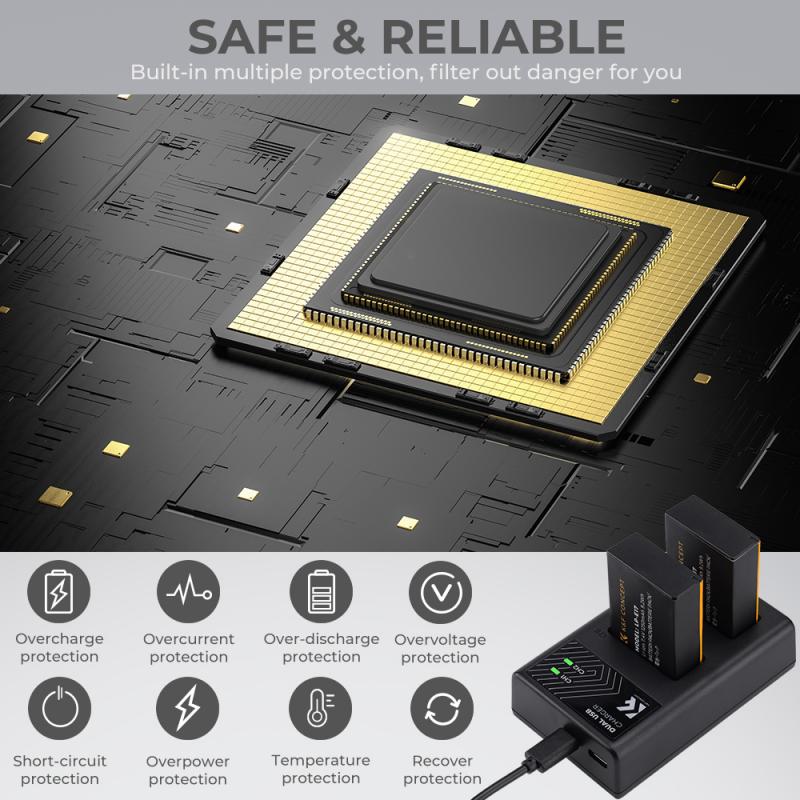
4、 Battery recycling technologies
Can you recycle camera batteries? Yes, camera batteries can be recycled. In fact, it is highly recommended to recycle batteries of all kinds, including camera batteries, to reduce the amount of hazardous waste in landfills and to conserve natural resources.
Battery recycling technologies have advanced significantly in recent years, making it easier and more efficient to recycle batteries. The most common method of recycling camera batteries is through a process called hydrometallurgy. This process involves breaking down the battery components into their constituent metals, such as nickel, cobalt, and lithium, which can then be reused in the production of new batteries or other products.
Another method of recycling camera batteries is through pyrometallurgy, which involves heating the batteries to high temperatures to extract the metals. This method is less commonly used due to the potential for air pollution and the high energy requirements.
It is important to note that not all recycling facilities accept camera batteries, so it is important to check with your local recycling center or electronics retailer to find out where you can recycle your camera batteries. Additionally, some camera manufacturers offer battery recycling programs, so it is worth checking with the manufacturer of your camera to see if they offer this service.
In conclusion, recycling camera batteries is not only possible but also highly recommended. With the advancement of battery recycling technologies, it is becoming easier and more efficient to recycle batteries, reducing the amount of hazardous waste in landfills and conserving natural resources.
